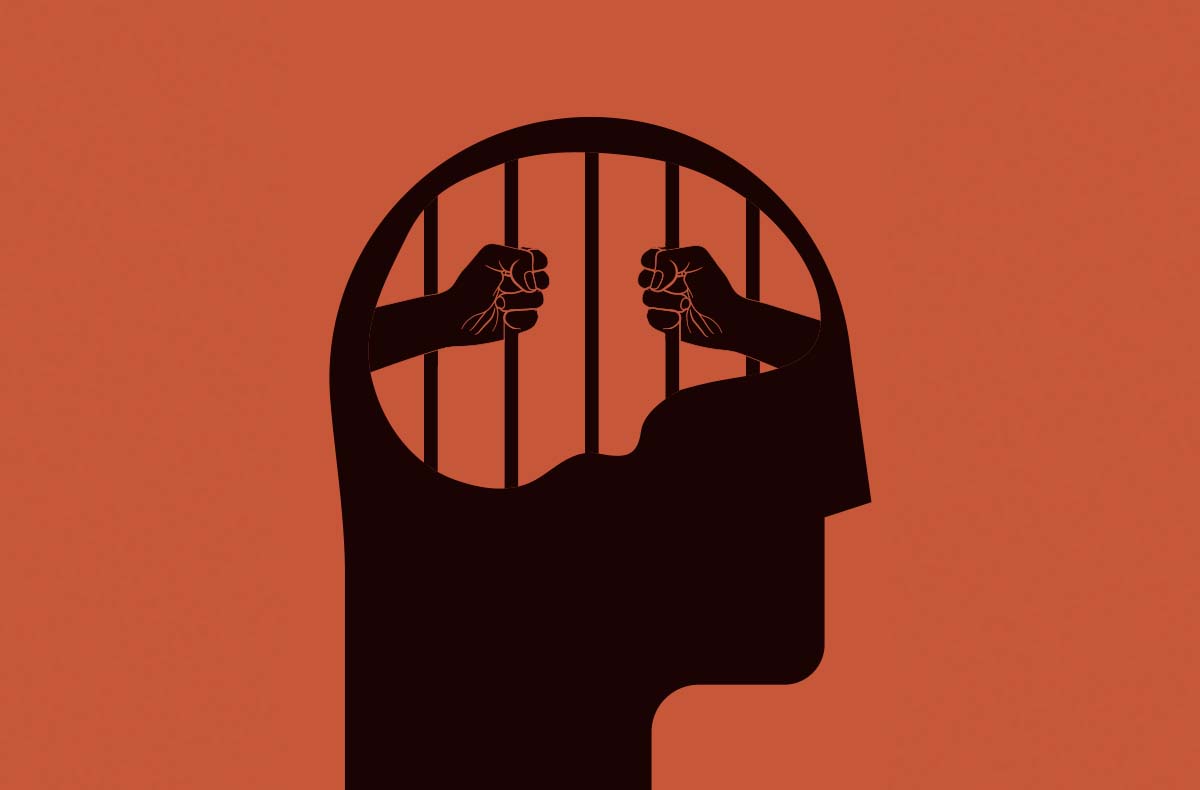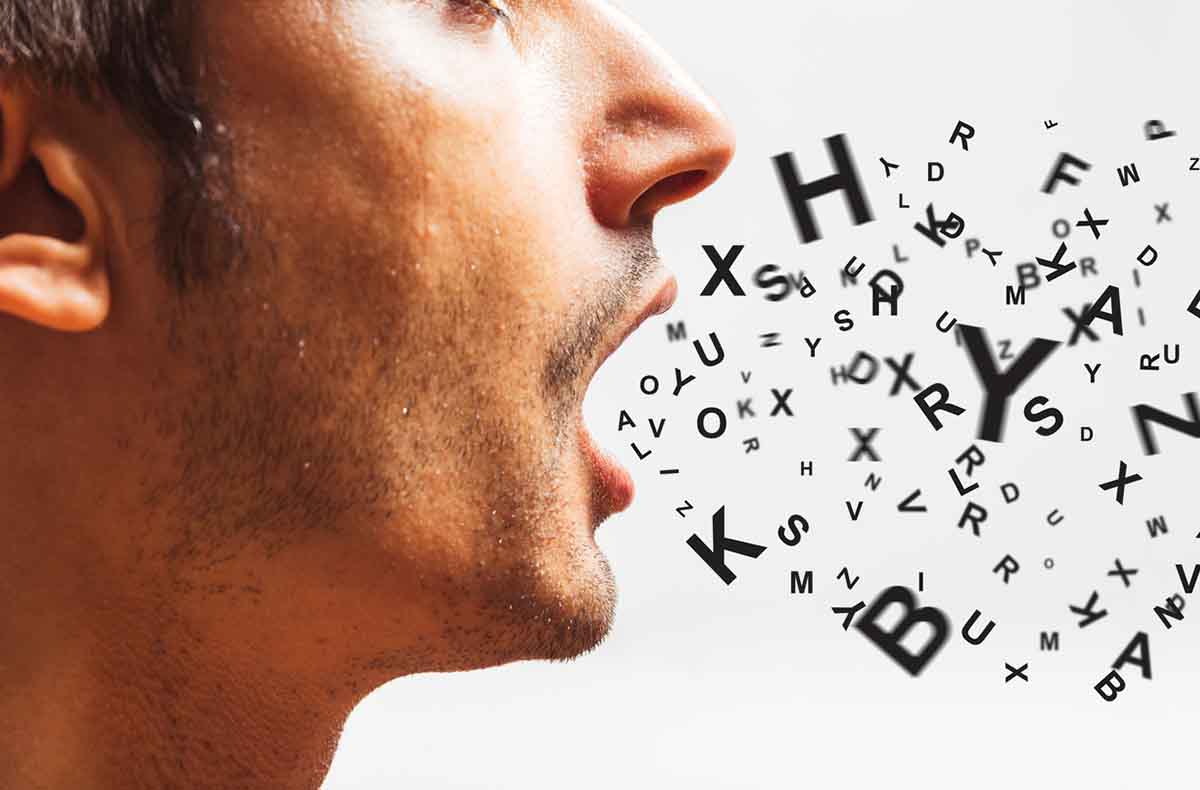
Whether it’s being advised not to speak at trial in case the jury see a speech impediment as a sign of guilt or the blatant over-representation of autistic spectrum conditions in prisons, hidden disabilities have a majority prevalence in the UK criminal justice system. Communication disorders can be very circumstantial, but they clearly disable when it comes to obstacles to employment or freedom of self-expression. While autism is a state of being rather than a disability per se—and society treats it as a disability—it seems to be regularly ignored in mitigation and sentencing.
As a frequent advocate for people who stammer and those with other hidden disabilities in the criminal justice system, I’ve spent the past five-plus years examining how these people move through society and are further marginalized as a result of unfair or biased treatment. Nowhere is this more pronounced than in the criminal justice system, which is designed by and for neurotypical members of society.
The problems facing neurodiverse individuals charged with a crime begin well before sentencing. To begin with, there is the basic challenge of ensuring the accused is fully aware of what they are being charged with. If a person with diagnosed autism spectrum disorder is charged with an offense that can be open to cultural misinterpretation, the charge is likely to be too politically nuanced and counterintuitive for them to process. For example, if a person has an intense curiosity about a subject—as many people on the autistic spectrum do—that might lead to in-depth internet research. In some cases, this could become a collector’s habit of prohibited images, and the person with autism might not make the connection between prohibition and availability. Through this process, many people with autism end up on the “sex offenders register” simply through pursuing their innate fastidiousness, not through any malicious intent. For these individuals, there is no moral understanding of how an image victimizes someone until this is pointed out to them in a police interview room—and by that point, it’s far too late.
If this person is then advised to plead guilty to an allegation for which they don’t feel guilty by their legal team to get a shorter sentence, they are almost always bound to opt for this. Most people have little choice but to follow legal professionals’ advice in these situations: it’s double-baffling for the often highly black-and-white thinking of those on the autistic spectrum.
Once in prison, the orderly, precise, quiet-loving person with, say, Asperger’s syndrome can be seen as an arrogant, aloof loner by the majority of the rest of the population. He or she will most likely be moved directly onto a “vulnerable” wing for their own protection—as the myth goes. There, they may be doubled-up with another or living in close proximity with the physically disabled, elderly, those with various addiction issues, or in chronic prison debt. “Mainstream” prisoners are usually also vulnerable; however—there are very few people in prison who haven’t been victims of some kind of cyclical abuse, be that physical, emotional or professional.
Of course, disability is a protected characteristic, meaning that any discrimination arising from it is liable to prosecution. The trouble is that, in prison, people are acutely sensitive to others gaining advantage for any reason. This will inevitably lead to valid discrimination claims being scorned and dismissed as “playing the disability card”—or “the race card,” “sexism card,” and, increasingly, “the transgender card.” Prison is a kind of parallel reality purgatory to normal society, and many of its inhabitants—prisoners and staff—like to keep it that way.
There is little sympathy in prison for the neurodivergent and those with other invisible or less understood disabilities. If a person with Asperger’s and anxiety asks an officer if she can be moved because she can’t bear the noise coming through the wall, she is likely to be met with words along the lines of: “If you can’t do the time, don’t do the crime.” You can imagine how that feels for the 1500 people wrongfully convicted each year in the UK. But for everyone else, is prison meant to be a living hell—even for those who don’t really understand why they are there?
Hidden disabilities are rife in both the mainstream and vulnerable divisions, segregations that would be much better represented as “active” and “reflective.” If a singer in a prison band is always trying to attract attention to themselves, and their behavior seems to be based on manipulating people into surrounding them, an explanation of narcissistic personality disorder will probably fall on deaf ears in his community, who may just prefer to consider him an idiot. Psychology departments seem to be more interested in the impossible job of predicting “risk” to society than treating the causes of that perceived risk. The links to the relatively new offense of coercive control feel almost too obvious to mention.
The spectrum of attention deficit and opposition defiance disorders find a much better community fit in the mainstream — or active — silo. These people tend to replace societal hyperactivity with super-muscled exercise. The application of discipline is considered good—until that spills into passively bullying more reflective members of the community into their increasingly evangelical fitness regime, misunderstanding the right not to exercise. The desire to have influence over others is thus expressed in both the NPD and ADHD cases, in both the active and reflective divisions. Both have already been “othered” by mainstream society, so we aren’t going to let slip this opportunity for a bit of officially-sanctioned punching down.
According to any number of research articles published each year, it is often said that the prison estate is twenty years behind the rest of society and that the justice industry seems to have a vested interest in keeping things opaque. This is in total denial of other twenty-first-century social progress, which seems to head determinedly toward total transparency.
The British Isles already had the third highest incarceration rates in western Europe—post austerity and Covid, numbers are predicted to soon go up by tens of thousands, making it by far one of the largest constituencies in the land — but without the right to vote. Keeping this 95% male, often behaviorally challenged/hidden disabled precariat in a parallel purgatory, and training them in the disempowered pointlessness of learned helplessness is completely counter-intuitive.
Being tough on crime and its causes may now sound like some kind of modern wartime anachronism, but being cognizant of the causes of antisocial behavior has always been a deeper, nobler aim. The justice industry, multi-billions of pounds though it processes, seems to think that deepening the divisions between people, ignoring the causes of those divisions, and demonizing certain groups in society is a world-beating way forward. From allegation to release and at every stage between, people with hidden disabilities are having their conditions made worse by the present system and the ambivalent segregation within it.


